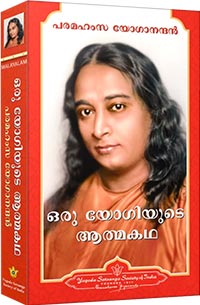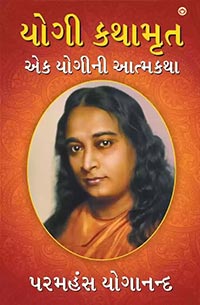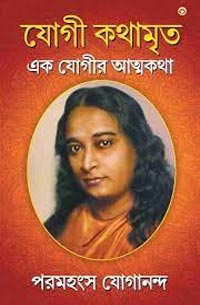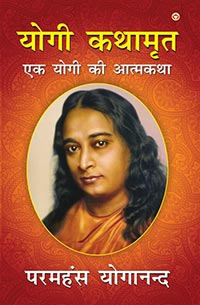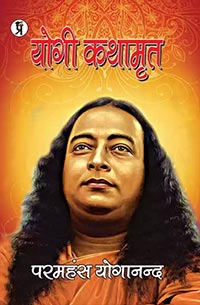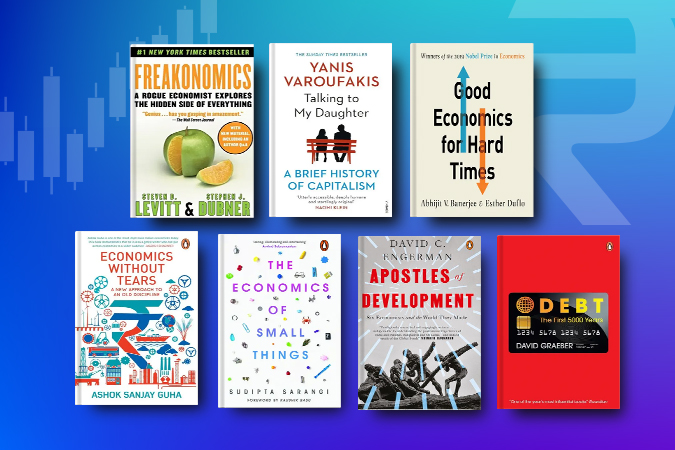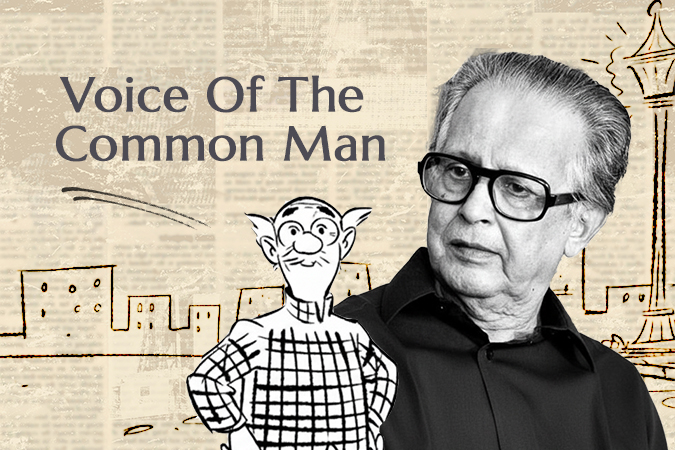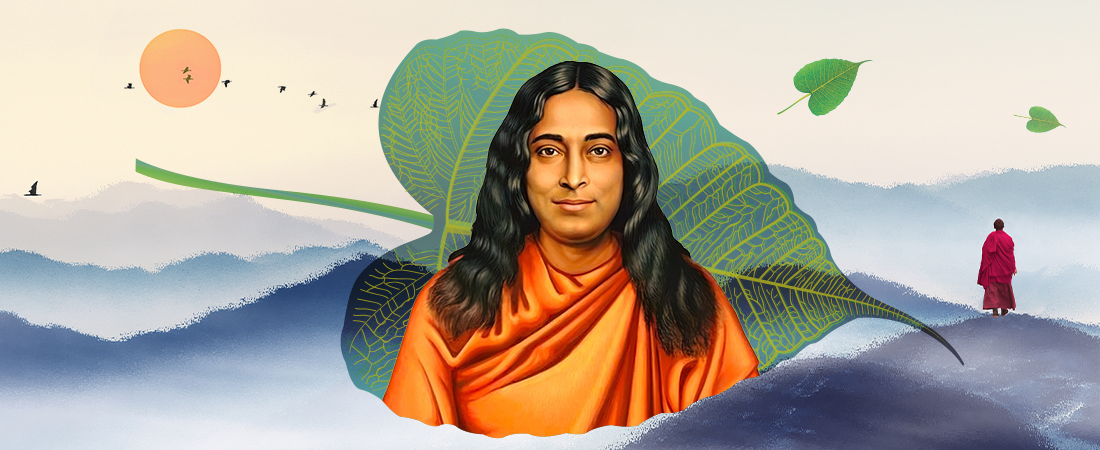
The timeless bestseller by Paramahansa Yogananda is a favourite among celebrities & seekers of enlightenment
If we were to ask you to identify one common thread that runs between Mahatma Gandhi and Thaliaiva Rajnikanth, Pandit Ravi Shankar and Virat Kohli we’re sure you would be stumped. We were too when we found out that all of these people along with Steve Jobs, Elvis Presley, George Harrison, Deepak Chopra and many more celebrities have publicly acknowledged reading Autobiography of a Yogi by Paramahansa Yogananda, an Indian yogi and spiritual leader. This timeless memoir is a treasury of spiritual wisdom that chronicles the life of this yogi and explores the transformative power of yoga. Let’s take a look at what is this book about, why it is famous and why your favourite celebrities are recommending it too!
Who is Paramahansa Yogananda?
Born Mukunda Lal Ghosh in 1893 in Gorakhpur, India, Yogananda’s spiritual journey began right from childhood. His devout Hindu family laid the groundwork for an early introduction to yogic teachings and meditation. He went on to encounter several spiritual mentors throughout his formative years who enriched his experiences.
In 1920, Yogi Paramahansa Yogananda embarked on a journey that would significantly impact the spiritual landscape of the Western world. At the behest of his guru, he traveled to America to spread the word about yoga and meditation. Despite initial challenges, Yogananda’s magnetic presence and profound teachings captivated his audiences. He founded the Self-Realization Fellowship (SRF) in Los Angeles, a spiritual organisation that disseminates his teachings worldwide.
Why is “Autobiography of a Yogi” Famous?
Yogananda’s quest for truth led him towards the enlightened soul of his guru, Swami Sri Yukteswar Giri. His teacher helped him deepen his practice and the profound philosophical underpinnings of Eastern spirituality. In this autobiography, Yogananda shares his path to mastery and his journey to seeking truth and enlightenment.
Coupled with his personal explorations, what makes Autobiography of a Yogi a very special book is that he has captured all his insights in a form that is highly accessible to everyone, from all walks of life.
In this book, he has also written about his remarkable encounters with spiritual luminaries from all over the world and his mystical experiences. His anecdotes are awe-inspiring and serve as an aspiration to his readers who see this book as a tool to appreciate the absoluteness of spiritual principles across cultures and traditions. This is why so many people and even celebrities have credited the book with transforming their lives and shaping their spiritual outlook.
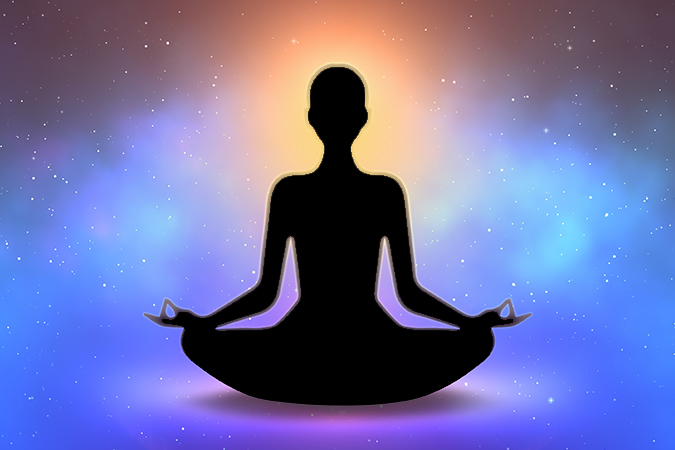
Why Should You Read "Autobiography of a Yogi"?
Simply put, this seminal work is a legacy of wisdom. While people cite a wide range of benefits of reading Autobiography of a Yogi, some of the most important takeaways are inspired by these Paramahansa Yogananda quotes:
- “Since you alone are responsible for your thoughts, only you can change them.”
Conscious, purposeful living is a way to keep your thoughts flowing and positive. The kind of thoughts you entertain shape your experience of the world. Always focus on the thoughts that bring you health and happiness.
- “The power of unfulfilled desires is the root of all man’s slavery”
Learning to let go of want and desire is not easy but ultimately knowing that they will trap you in a vicious cycle. The best way to live is to be in the present moment instead of wondering about what might have been.
- “Straightforwardness without civility is like a surgeon’s knife, effective but unpleasant. Candor with courtesy is helpful and admirable.”
While the truth can be harsh, it is often about how it is delivered. While we must be honest and firm with our boundaries, we must be careful not to be harsh in our criticism and always be constructive in our feedback.
A Book and Beacon of Light
Autobiography of a Yogi is more than a narrative of a man’s spiritual journey; it is a timeless testament to the universality of spiritual wisdom and the boundless potential of the human spirit. Readers are invited to embark on their own journey of self-discovery, guided by the light of Yogananda’s teachings and the benefits of yoga.
As we reflect on his life and teachings, we are reminded that the path to enlightenment is within each of us, waiting to be discovered through meditation, mindfulness and the pursuit of divine realization.
As Yogananda eloquently put it, “The true basis of religion is not belief, but intuitive experience. Intuition is the soul’s power of knowing God. To know what religion is really all about, one must know God.”
Celebrities Inspired by Autobiography of a Yogi
This spiritual classic has touched the lives of countless readers, including some of the most influential personalities in the world. Here’s a look at a few celebrities who swear by this timeless book:
Steve Jobs
The Apple co-founder was profoundly influenced by Autobiography of a Yogi, calling it his go-to book for guidance. He even ensured every attendee at his memorial service received a copy, symbolizing the transformative impact it had on his life. (Source)Rajinikanth
The superstar of Indian cinema has publicly stated that Autobiography of a Yogi is one book that changed his life. He credits it with shaping his perspective on spirituality and personal growth.George Harrison
The Beatles guitarist credited the book for deepening his spiritual journey and introducing him to meditation. Harrison often described it as a must-read for anyone seeking inner peace.Virat Kohli
The cricketing icon mentioned in interviews how the book helped him achieve focus and balance during challenging phases of his career. It continues to inspire his mindfulness practices.
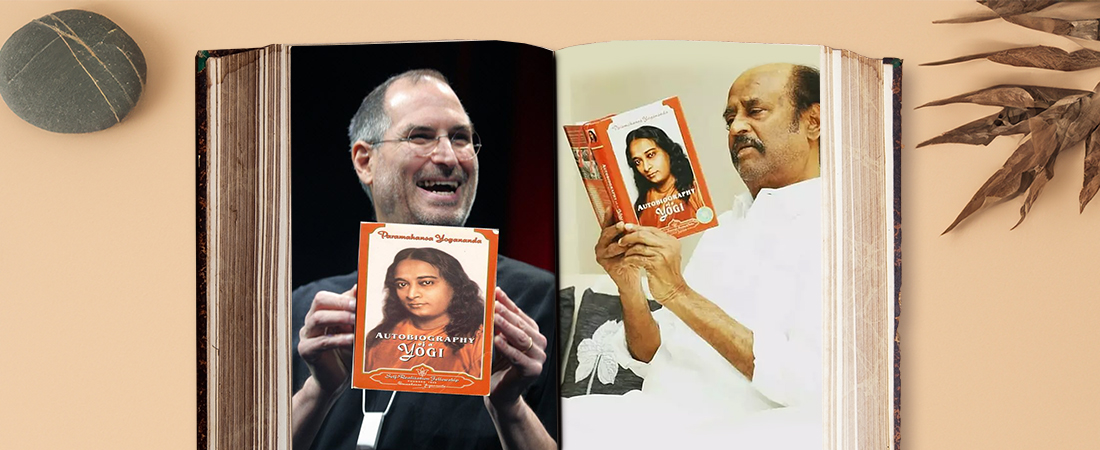
Discover Autobiography of a Yogi in other Indian languages:



